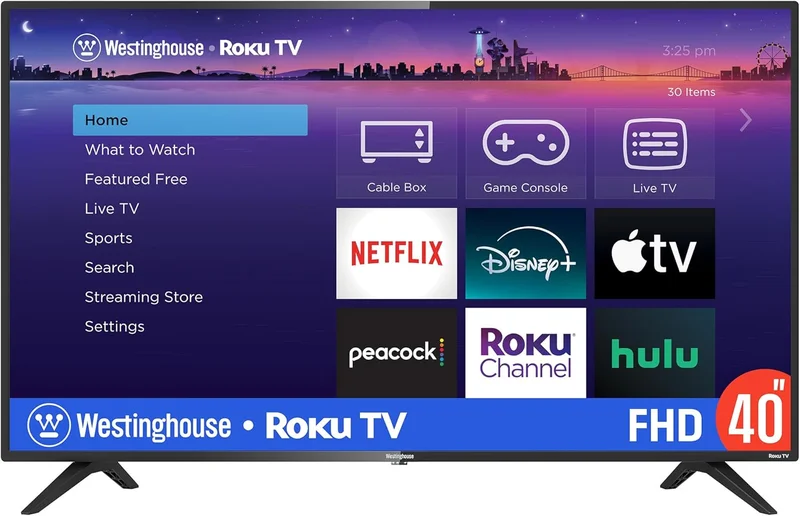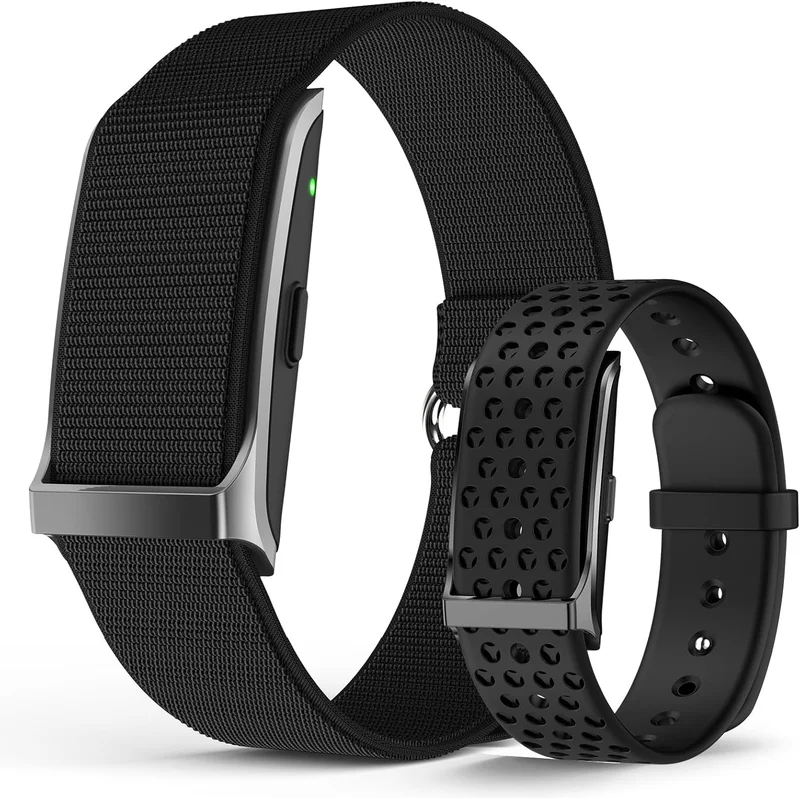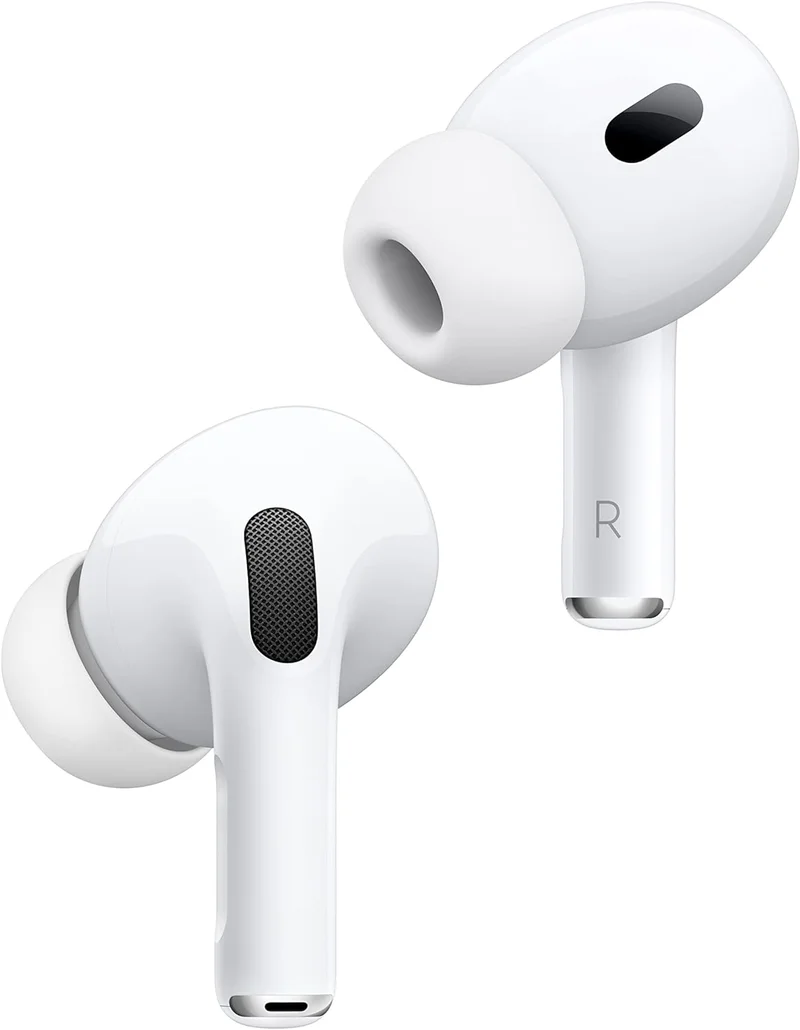10 Best Keyboard Piano of 2025
Discover the best keyboard pianos on the market! Dive into our comparison to find the perfect blend of sound quality, features, and value. Unleash your musical potential with the right choice today!
Updated: July 28, 2025
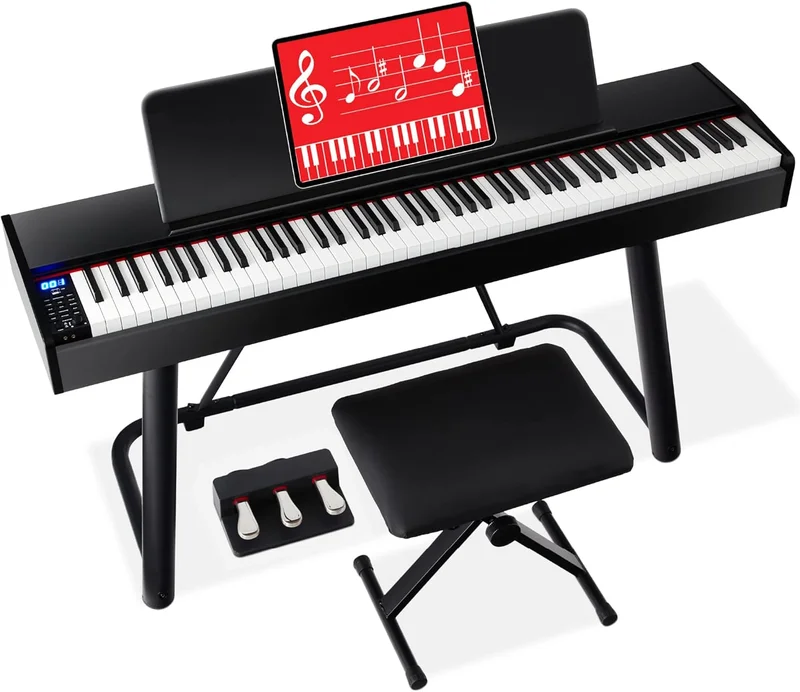
Best Choice 88-Key Weighted Digital Piano Set
- Full-size, weighted keys for authentic feel.
- Includes stand, stool, and pedal unit.
- Dual headphone jacks for quiet practice.

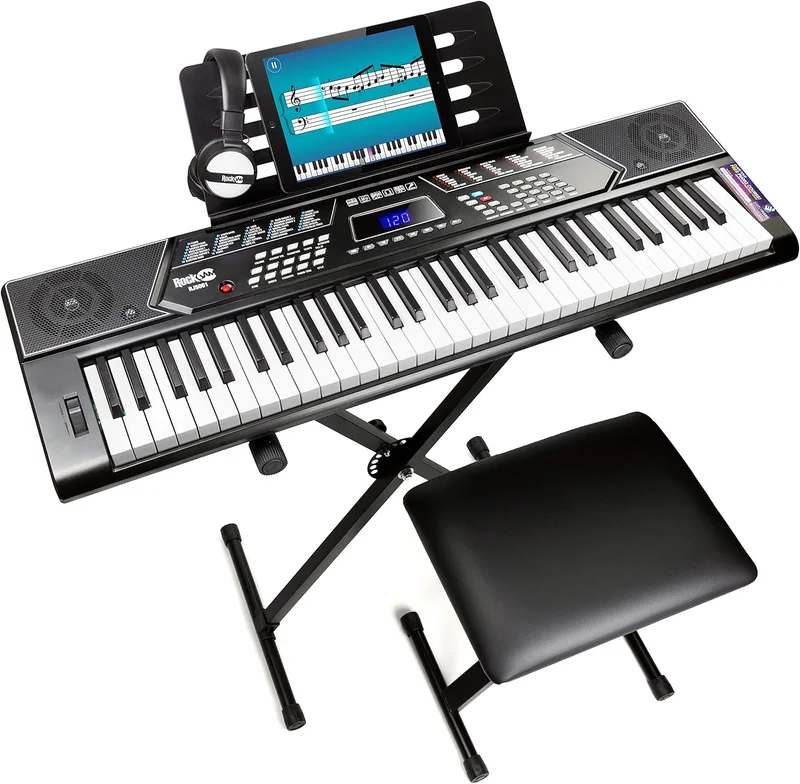
RockJam 61-Key Keyboard Piano Kit
- Complete set with stand, bench, and headphones.
- Includes Simply Piano app for easy learning.
- Pitch bend feature adds expressive playability.

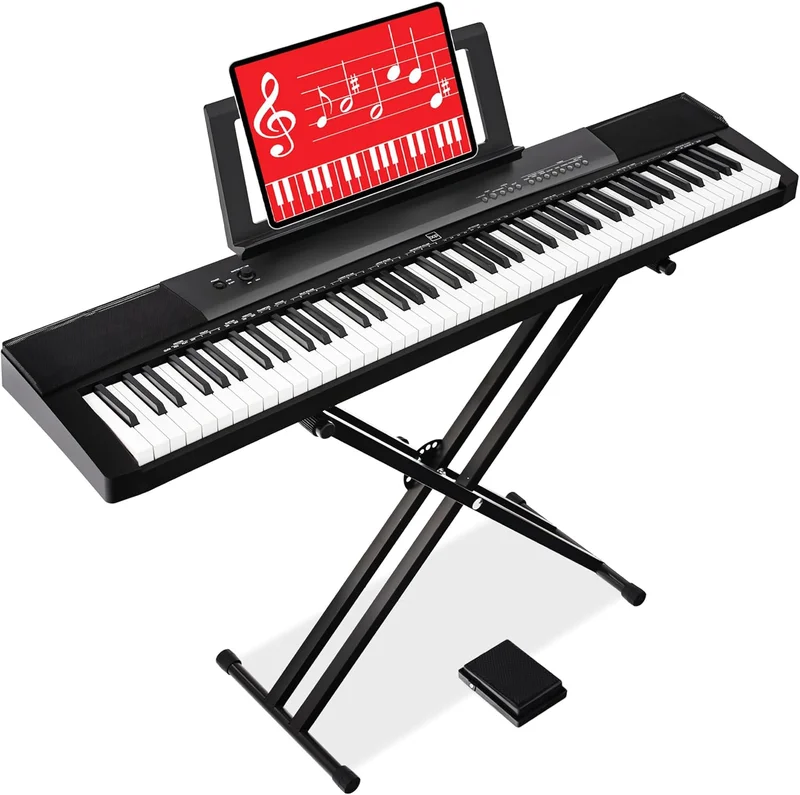
Best Choice 88-Key Digital Piano Keyboard Set
- Semi-weighted keys offer realistic playing experience.
- Includes stand and sustain pedal for convenience.
- Multiple voice settings enhance musical versatility.

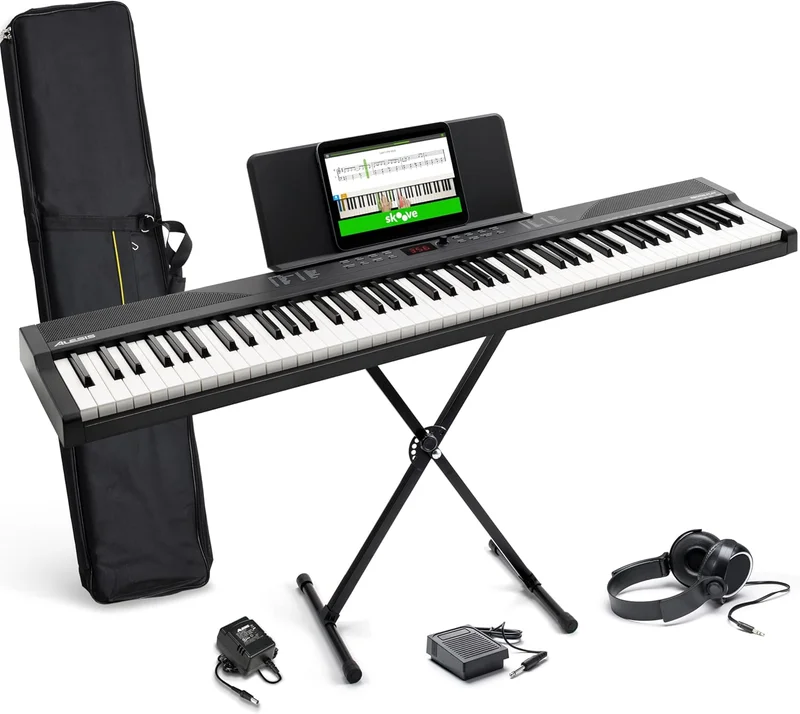
Alesis 88-Key Digital Piano Bundle
- Wide variety of 480 instrument sounds.
- Includes essential accessories for beginners.
- USB MIDI connectivity enhances versatility.

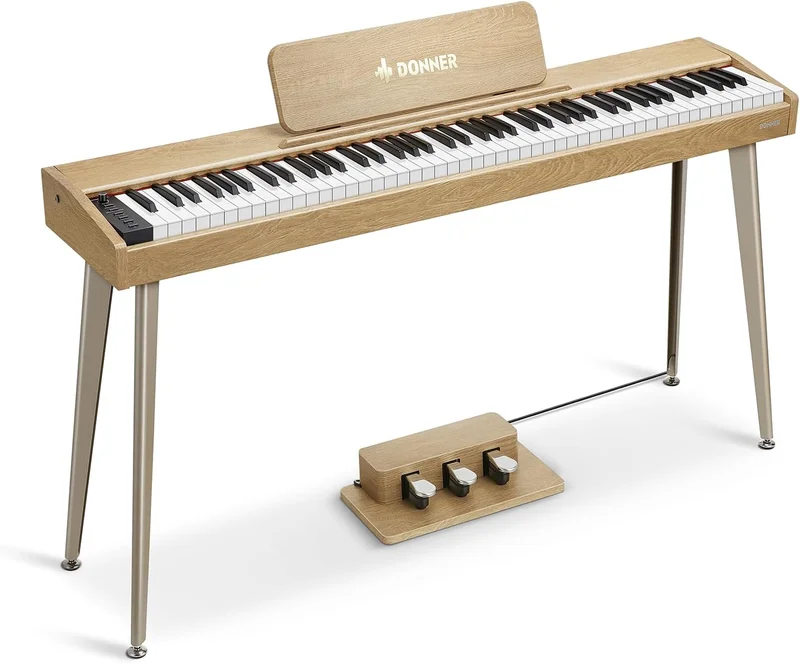
Donner DDP-60 Digital Piano Keyboard
- Realistic touch with full-size, 88 keys.
- Versatile sound options with 128 voices.
- Built-in recording feature for easy practice.

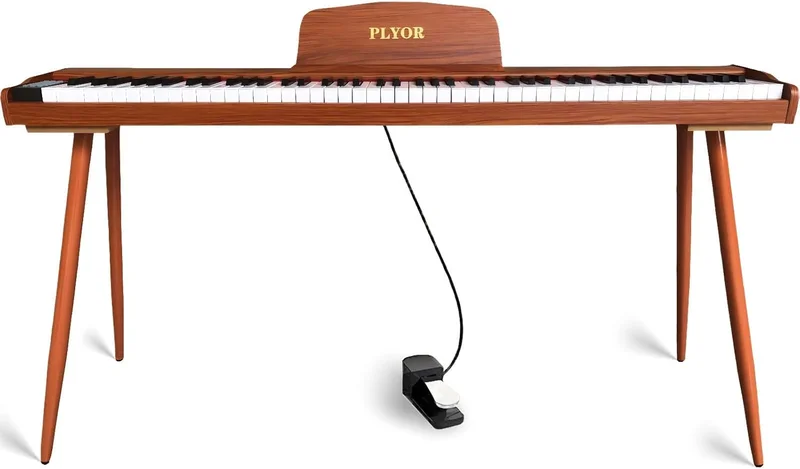
PLYOR 88-Key Weighted Digital Piano
- Full-size weighted keys for realistic touch.
- MIDI connectivity for versatile music creation.
- Includes stand and sustain pedal for convenience.

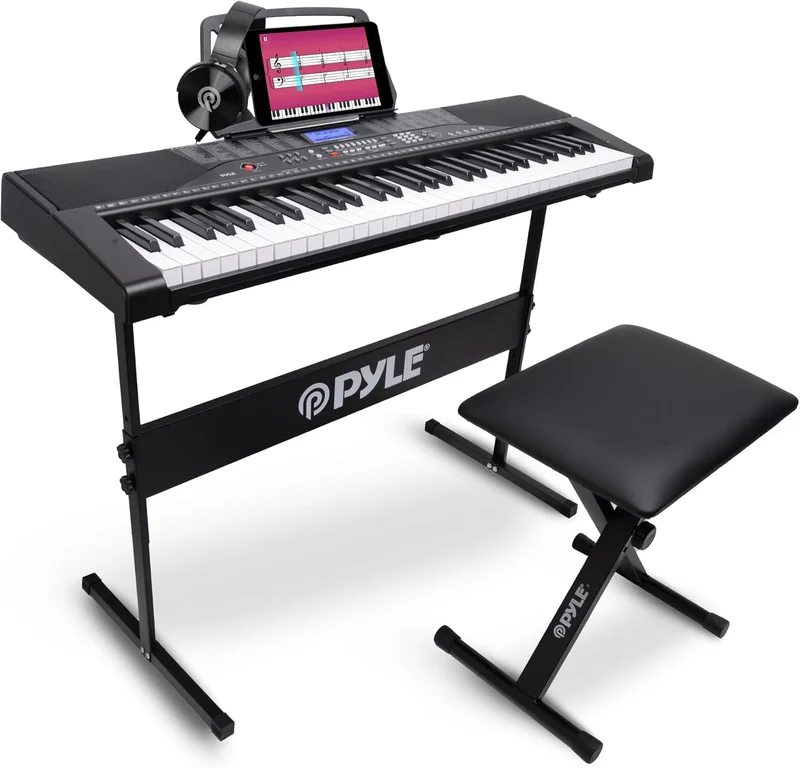
Pyle 61-Key Electric Keyboard Piano
- Includes essentials: headphones, stand, stool, book rack.
- Beginner-friendly with easy-to-read LCD display.
- Portable design perfect for at-home practice.

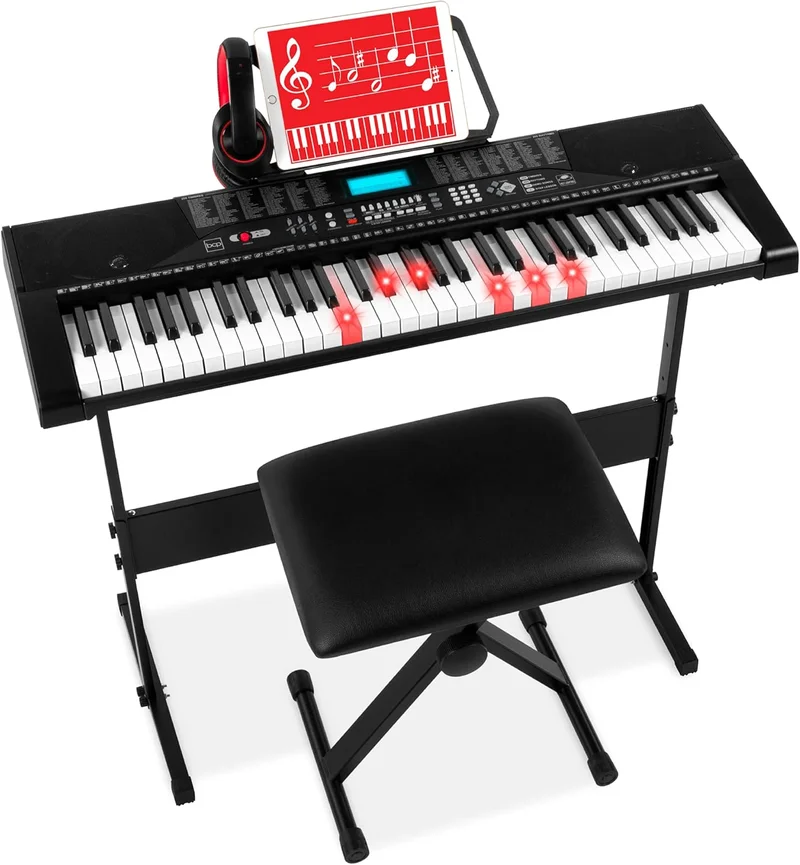
Best Choice 61-Key Beginner Electronic Keyboard Set
- Lighted keys enhance learning for beginners.
- Includes headphones for quiet practice sessions.
- Comes with a sturdy stand and bench set.

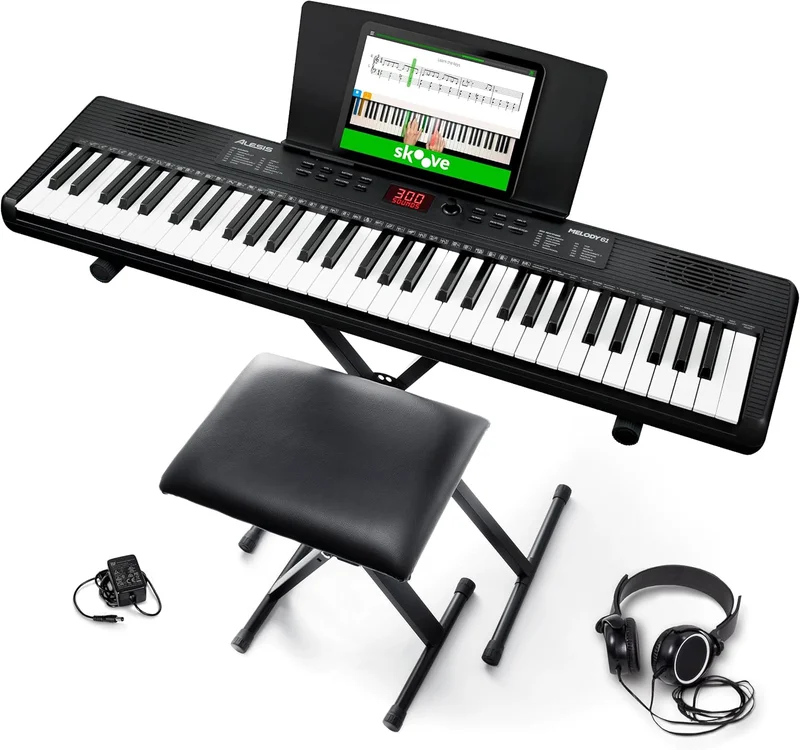
Alesis Melody 61 MK4 Beginner Keyboard Piano
- Comprehensive bundle with stand and bench included.
- 300 different sounds for versatile play.
- Includes music lessons for beginners.

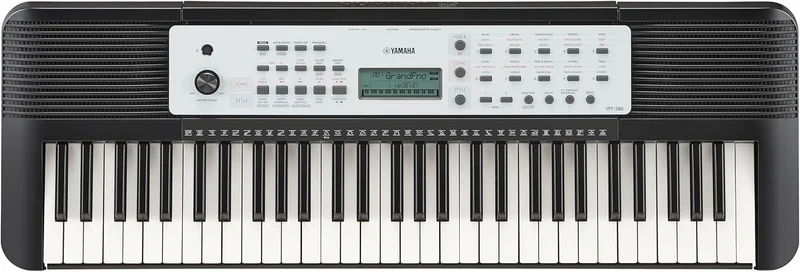
Yamaha YPT-280 Beginner Keyboard with Accessories
- User-friendly interface ideal for beginners.
- Comes with essential accessories included.
- Lightweight design for easy portability.

Tired of Hunting for Deals?
Get the best daily discounts delivered straight to your inbox
You Might Also Like
Overview of keyboard piano
In today's digital age, learning to play the piano has become more accessible than ever, thanks to the wide variety of keyboard pianos available. Whether you're a beginner eager to explore the world of music or a seasoned musician seeking a portable practice instrument, finding the right keyboard piano can enhance your musical journey. This review guide is designed to help you discover the best keyboard pianos, focusing on features such as sound quality, portability, and user-friendly design. With the right keyboard piano, you can enjoy the joy of music-making and improve your skills, all from the comfort of your home.
Top keyboard piano
Frequently Asked Questions
What should I consider when buying a keyboard piano for beginners?
When buying a keyboard piano for beginners, consider the number of keys, touch sensitivity, and built-in learning features. A 61-key keyboard piano is often sufficient for beginners, and touch sensitivity helps mimic the feel of an acoustic piano. Look for models with instructional features or apps to make learning more engaging.
How does a keyboard piano differ from a traditional piano?
A keyboard piano is more portable and often more affordable than a traditional piano. While it offers various sounds and features, it typically lacks the acoustic piano's natural resonance. However, modern keyboard pianos often include weighted keys to better replicate the feel of playing a traditional piano.
Can I connect a keyboard piano to a computer for music production?
Yes, most modern keyboard pianos can be connected to a computer for music production. Look for a keyboard piano with a USB or MIDI output. This allows you to use music software to record, edit, and produce your own compositions, making it a great tool for aspiring musicians.
How important is polyphony in a keyboard piano?
Polyphony is crucial in a keyboard piano as it dictates how many notes can be played simultaneously. Higher polyphony is better, allowing for more complex music without cutting off notes. Aim for at least 64-note polyphony for a more versatile playing experience, especially if you use the sustain pedal frequently.
What are the benefits of learning on a keyboard piano with weighted keys?
Learning on a keyboard piano with weighted keys can significantly improve your playing technique. Weighted keys mimic the resistance of an acoustic piano, helping to build finger strength and control. This makes the transition to a traditional piano smoother if you decide to pursue it later on.

